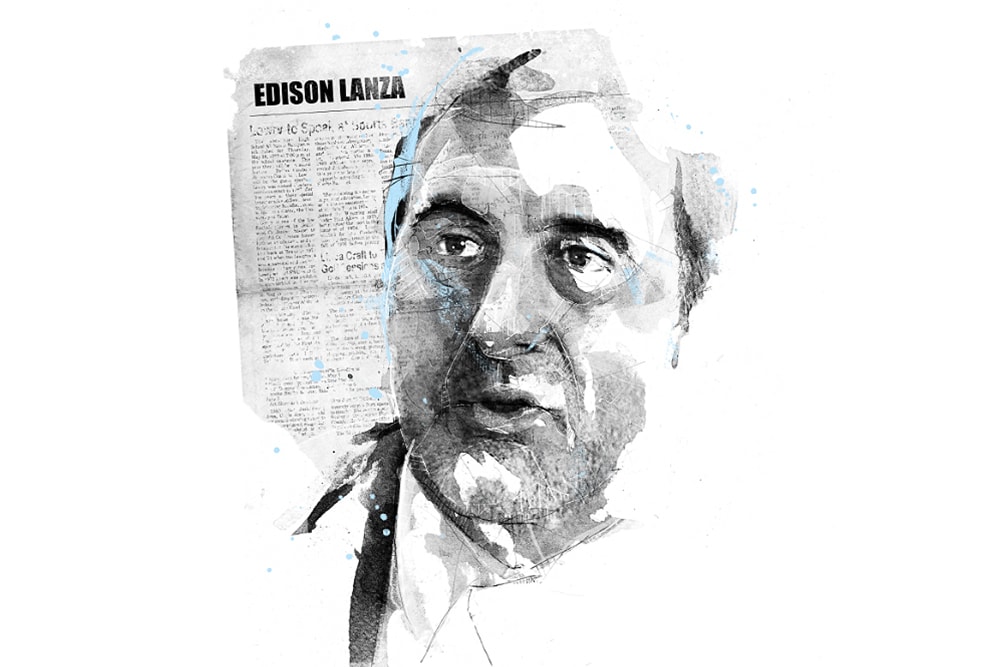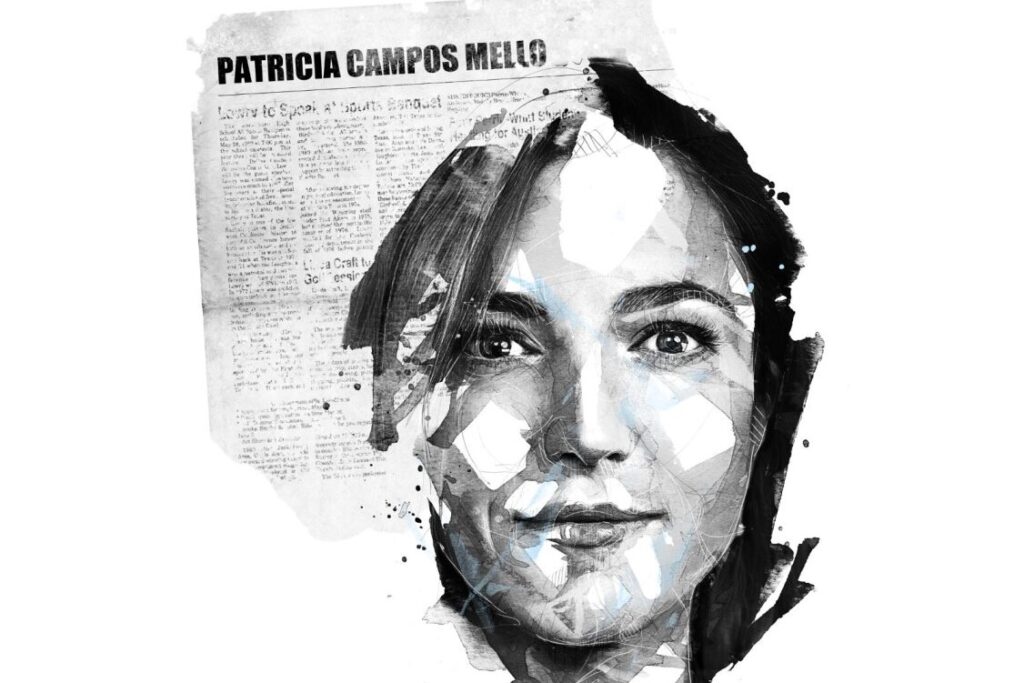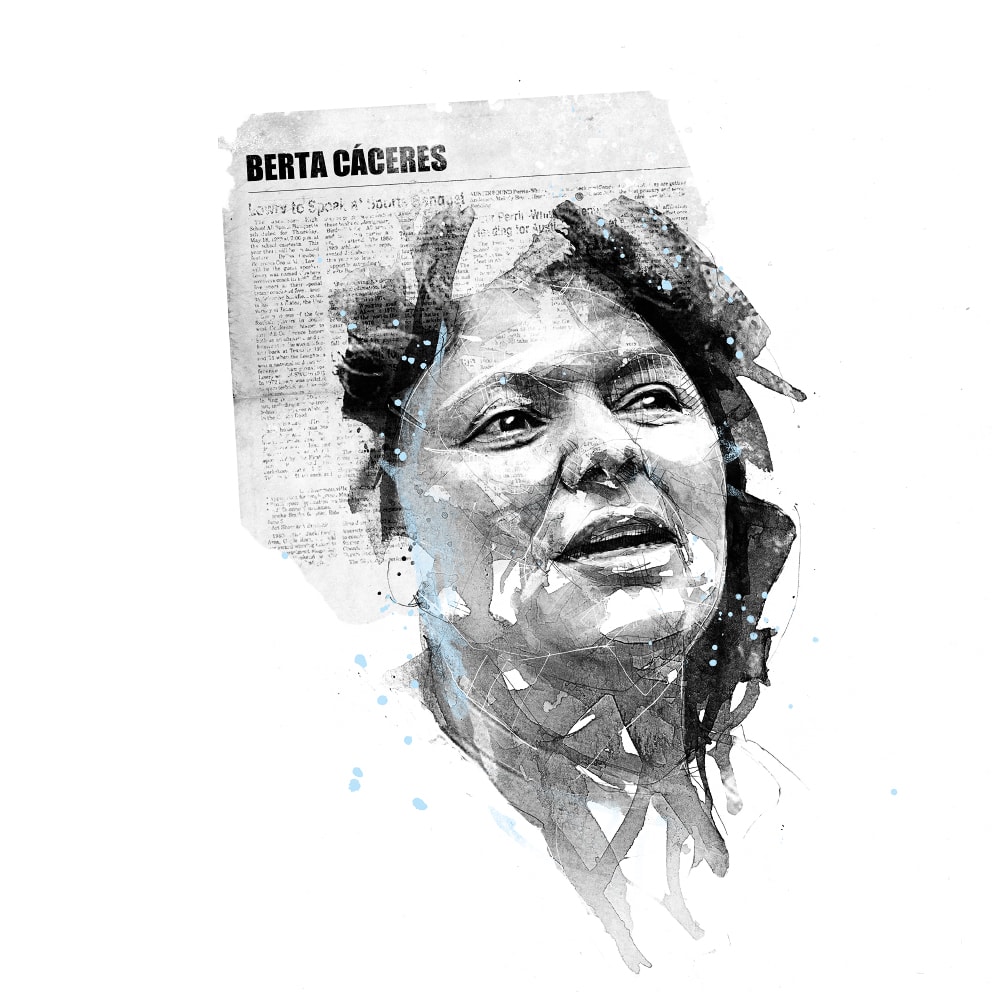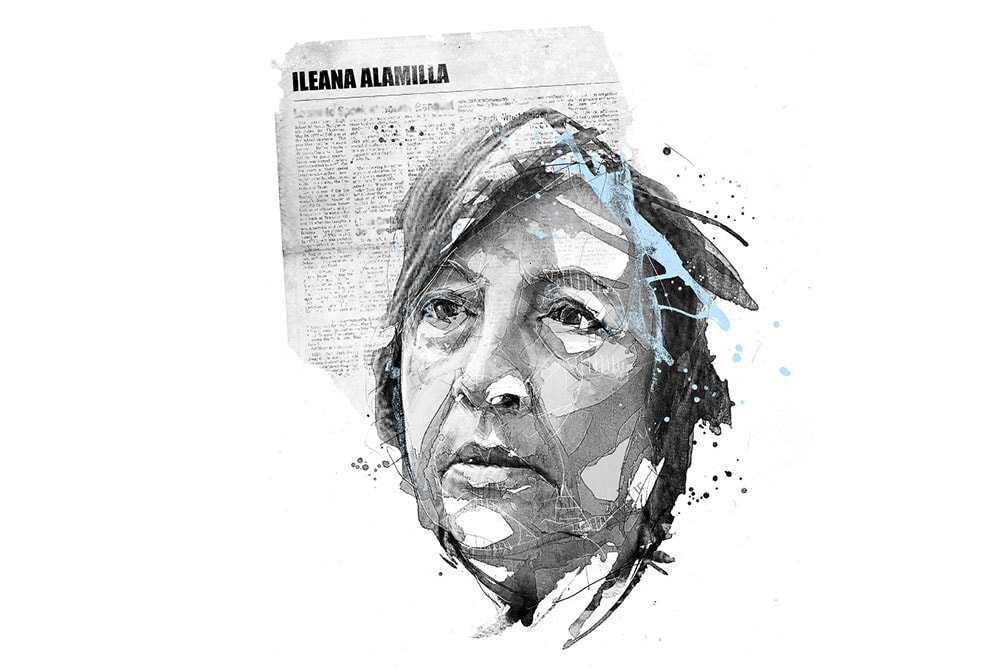Throughout his life, Edison Lanza has made enormous contributions to the defense and promotion of the fundamental right to freedom of expression and information. He carried out this work as the Organisation of American States' (OAS) Special Rapporteur for Freedom of Expression for two consecutive mandates, from 2014 to 2020.
The challenge of promoting and defending the right to freedom of expression throughout the hemisphere and in all its dimensions is enormous, but the role played by the Special Rapporteur is so central and important that I am absolutely committed to this mandate.
Edison Lanza followed Colombian Catalina Botero as Special Rapporteur, taking on the role of monitoring and defending freedom of expression in all OAS member countries.
Before taking on the rapporteurship, Lanza’s career was marked by a long trajectory of activities in the field of freedom of expression, in civil society, journalistic and legal roles in his native country, Uruguay.
In an interview with IFEX, Lanza noted that “freedom of expression is among the rights that define the unique character of human beings”. Based on this tenet, the Uruguayan lawyer and journalist has dedicated a large portion of his life to defending this right.
Lanza began working as a journalist in 1988, when he was 18 years old. During his career, Lanza has worked for almost every print media outlet in Uruguay and held various positions, from journalist to news editor.
Graduating from the Uruguayan University of the Republic’s law faculty in 1997, Lanza specialised in defending freedom of expression cases, a field he was already familiar with due to his work with the media.
He held a position as lawyer for the Uruguayan Press Association, the Uruguayan journalists’ union. In this role, he brought several cases to the Inter-American Commission on Human Rights (IACHR) involving journalists who were under threat in Uruguay; now he works with this very same body.
Among these cases, two were particularly significant. The first is the 2007 case of journalist Carlos Dogliani against the Uruguayan state. Dogliani had been sentenced to three months in prison for the crimes of defamation and libel. In an historic ruling by the IACHR in 2009, the Uruguayan state recognized that it had violated press freedom rights and agreed to negotiate a resolution of the case.
The case was the starting point for modification of the press law, and the cornerstone for later reforms to libel and defamation laws.
The second emblematic case was that of Uruguayan journalist David Rabinovich. This case was crucial in persuading the Uruguayan parliament, at the urging of Lanza and other civil society and media associations, to adopt the first Access to Public Information law in the country, contributing greatly to improving the work of journalists and civil society organizations.
In 2008, Lanza successfully promoted several laws that improved the Uruguayan legal framework for freedom of expression: laws relating to community radio stations, decriminalisation of communications crimes, access to public information and the audiovisual communication services law.
Among his civil society activities, Lanza was a co-founder and president of the Centre for Archives and Access to Public Information (Centro de Archivos y Acceso a la Información Pública, Cainfo), an IFEX member organization. Through this involvement he was able to begin working at an international level, in various countries of the region, consulting on freedom of expression and access to information issues.
He was also a member of the Freedom of Expression and Access to Information Committee of the Regional Alliance for Freedom of Expression and Information (Alianza Regional por la Libre Expresión e Información), and a member of the Working Group on the Inter-American System of Human Rights and the OAS of the IFEX-ALC alliance in defense of freedom of expression.
Lanza has written two books on freedom of expression (“Freedom of expression in Jurisprudence”, 2010, and “Criteria for harmonizing freedom of expression and the rights of children and adolescents”, 2012) as well as dozens of internationally-focussed articles on the observance and defense of freedom of expression. He is a key specialist on this topic at the regional level.
While in the post of Special Rapporteur, Lanza worked on several fronts to continue defending freedom of expression in the Americas region.
In an interview with IFEX, Lanza noted, “The challenge of promoting and defending the right to freedom of expression throughout the hemisphere and in all its dimensions is enormous, but the role played by the Special Rapporteur is so central and important that I am absolutely committed to this mandate.”
During his mandate, the Special Rapporteur’s Office published important reports that expanded on previous themes not previously covered by the Commission, such as Women Journalists and Freedom of Expression, in 2018, and Protest and Human Rights, in 2019, and the Standards for a free, open and inclusive Internet, 2016. He also released a Guide on how to guarantee freedom of expression regarding deliberate disinformation in electoral contexts. Another highlight of his mandate has been extensive work with officers from judicial and semi-judicial bodies in the region – hundreds have been trained on freedom of expression and information standards as a strategy to fight against the widespread impunity for crimes against journalists in Latin America. The extensive attention to individual cases was also one of the strengths of his mandate, having advanced on paradigmatic cases of violence against journalists such as those of Carvajal, Cano and Leguizamon, and on the case of gender-based violence against journalist Jineth Bedoya. In 2020, he worked with the IACHR on a ground-breaking case that affirmed that the right of indigenous peoples to create community broadcasting media, and the enjoyment and exercise of the right to freedom of expression through access to a radio frequency, are protected under Article 13 of the American Convention.
In 2020, Edison Lanza received the Chapultepec Grand Prize from the Inter-American Press Association for “his dedication and outstanding and decisive contribution to the protection and promotion of freedom of expression in the Americas.”
Edison Lanza is currently a non-resident senior fellow with the Peter D. Bell Rule of Law Program at the Inter-American Dialogue and serves as the Secretary for International Relations and Institutional Affairs for Canelones Department in Uruguay. He also teaches journalism at the University of the Republic of Uruguay.
Illustration by Florian Nicolle




